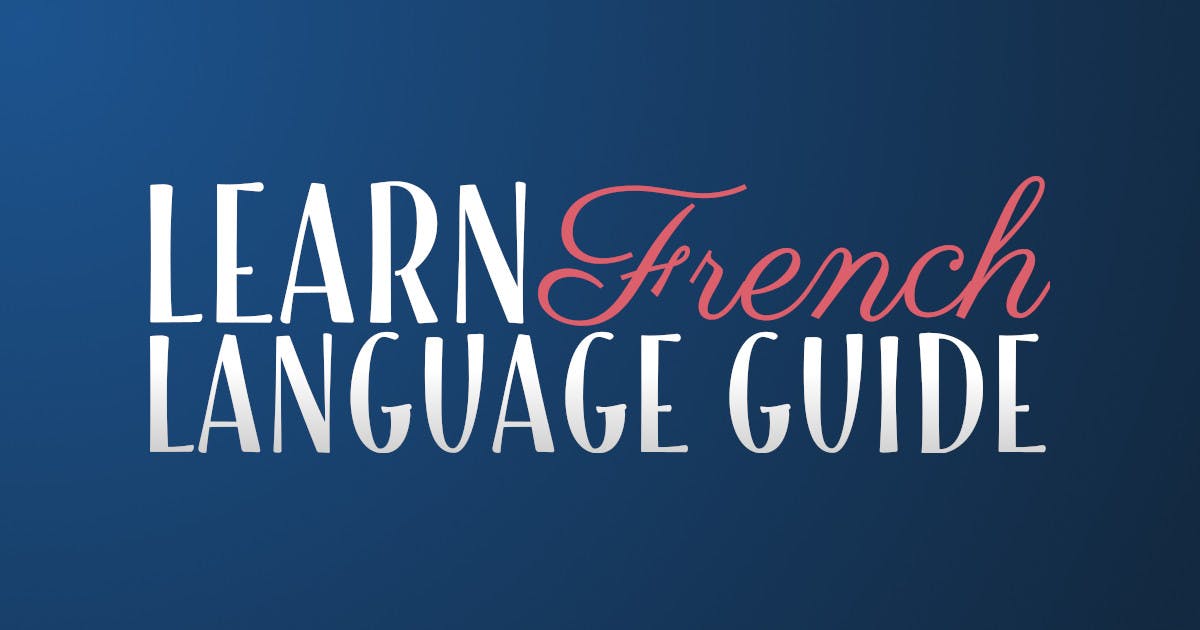Medical Terms In French: Words And Phrases For The Doctor
Let's hope you don't get into any accidents while you are visiting another country.
Be prepared for any emergency, however; you should contact your health insurance company before you leave and find out what their procedure is in case you need medical attention while you are abroad.
Be sure you let someone in your travel party know the procedures, in case you are incapacitated.
If you do hurt yourself or appear ill, someone may ask you:
Vous-etes vous fait mal, monsieur? Have you hurt yourself, sir?
Etes vous malade, madame? Are you ill, Madam?
Hopefully, your reply will be:
Oui, un peu. Yes, a little.
Ily a un(e) medicin(e) tout pres. There is a doctor nearby.
Now we are used to the fact that there are masculine and feminine nouns, and that articles and other "modifiers" have to agree with them.
Many professions take the gender of the person in that profession.
A male doctor is "un medicin" and a female doctor is "une medicine".
Let's see what happens if Mr. Dupres has a little run-in with a bicycle.
Alors, il parait que M. Dupres a une cote casse, un ?il au beurre noir, une epaule demise, ne cheville foulee, etc. So, it seems that Mr.
Dupres has a broken rib, a black eye, a dislocated shoulder, a sprained ankle, etc.
Non, Docteur, heureusement, ce n'est pas si grave que cela. Quelques petites ecorchures seulement. No, fortunately it is not so bad as that.
Only a few slight grazes.
Note that we are now abbreviating "Monsieur" with M.
The abbreviation for Madame is Mme., and the abbreviation for Mademoiselle is Mlle.
Let's look at some problems people might have to bring them to the doctor's, and then have a look at some medical vocabulary.
Jean a mal a la tete. John has a headache.
(Try substituting "I have a headache, she has a headache, using the forms of avoir you learned in Lesson 2.) Madame a mal aux yeux. Madame has eye trouble.
You may have noticed that M.
Dupres' black eye (un ?il au beurre noir), and now we speak about Madame's "mal aux yeux".
The plural of "?il" is "yeux" There are a number of nouns that change form completely in the plural.
We will discuss them further at a later time.
Le vieux monsieur a mal au dos. The old man has a back-ache.
Le petit garcon a mal au nez. The little boy has a problem with his nose.
La petite a mal au bras gauche. The little girl has a pain in her left arm.
Mademoiselle a mal au pied droit. The young lady has a bad right foot.
Monsieur a mal a la gorge. The man has a sore throat.
Madame a mal aux oreilles. The lady has an ear ache.
If you are paying close attention, you may notice that everyone has an ache or pain a la., but when it is in the masculine or plural, and it has to change to au or aux, there is no accent.
French vocabulary for the doctor
Here are some other useful words to know.
Le medecin the doctor
la grippe the flu
Le chirurgien the surgeon
la blessure wound
Un hopital a hospital
ecrase run over
Malade ill
blesse wounded, injured
La maladie the illness
une ambulance an ambulance
Le mal complaint or pain
renverse knocked down
Le mal de c?ur heart disease
faire venire un medicin to send for a doctor
Le malaise indisposition
une ordonnance a prescription
Un rhume a cold
une operation an operation
La fievre fever
operer to operate
La douleur pain
aller mieux to be getting better
Aller plus mal to be getting worse
Etre gueri to be healed
Don't forget to memorize the article with each new noun, so you know what kind of adjective to use.
Summary
Translate these sentences into French:
- Is there a doctor nearby?
- I have a sprained ankle, and I think (penser) I have a broken rib.
- She has a headache, but she is going to work in any case (en tout cas).
- He is not getting better, he is getting worse.
- I will need an operation on my knee.
- I have a cold, and a cough (tousse) in my chest.
- I have to go to the hospital.
- I have a sore throat and an ear ache.
- Well (eh bien) I have a backache and a pain in my right foot.
- I feel fine!

SUBSCRIBE: